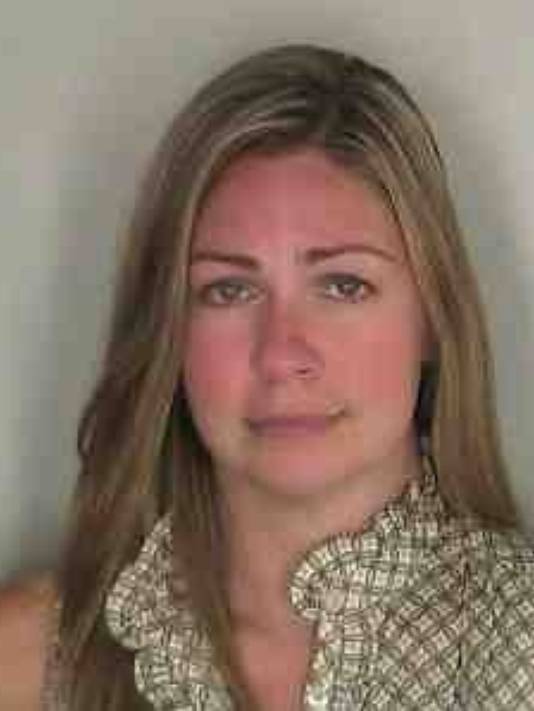Hi F6, 1st off your posts in regards to setup and content are 2nd to none.
The subject matter, (although it may offend some readers) is an ongoing theme throughout our society. It has been in the spotlight unsurfacing sexual abusive patterns taken by trusted religious practioners using the power of their position for their own personal fulfillments negating the impacts it has on others under their umbrella of authority.
It's plainly and ultilmately SICK, and I am refreshed to hear that these dispicable crimes are comintg to light, with the purpetraters committing them getting punished.
Thxs for keeping me in the loop F6, pretty busy these days, and I haven't been keeping up with my online friends here at I-Hub.
Appreciate it!
Mariner*


